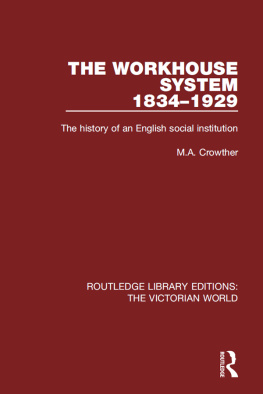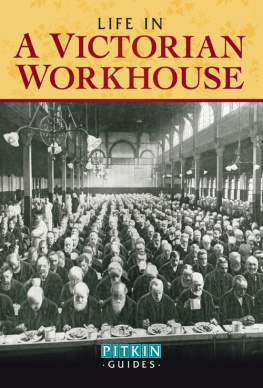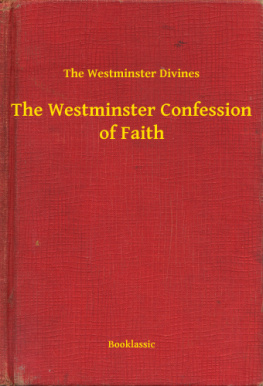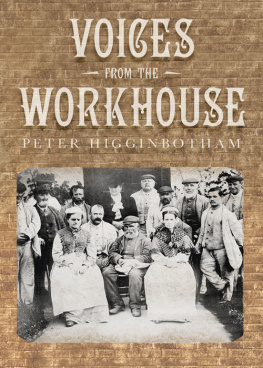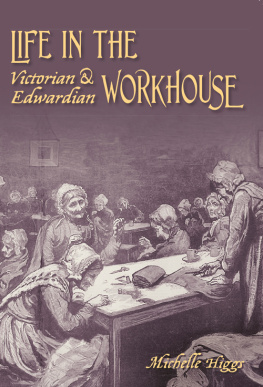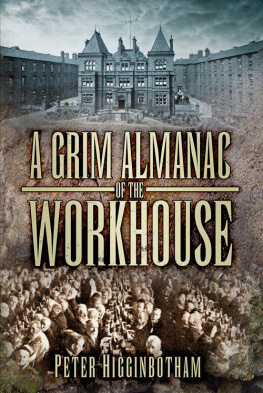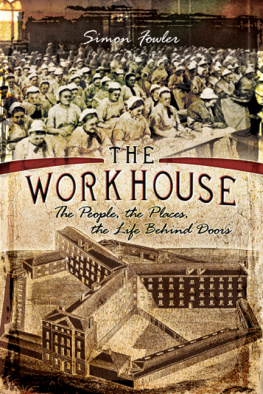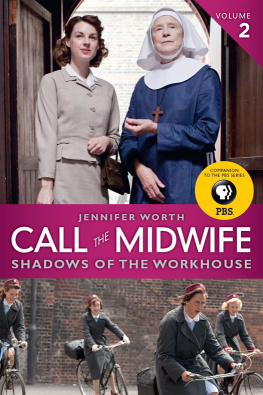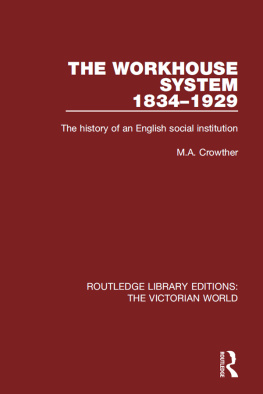George Haw - From Workhouse to Westminster
Here you can read online George Haw - From Workhouse to Westminster full text of the book (entire story) in english for free. Download pdf and epub, get meaning, cover and reviews about this ebook. year: 2015, publisher: Createspace Independent Pub, genre: Detective and thriller. Description of the work, (preface) as well as reviews are available. Best literature library LitArk.com created for fans of good reading and offers a wide selection of genres:
Romance novel
Science fiction
Adventure
Detective
Science
History
Home and family
Prose
Art
Politics
Computer
Non-fiction
Religion
Business
Children
Humor
Choose a favorite category and find really read worthwhile books. Enjoy immersion in the world of imagination, feel the emotions of the characters or learn something new for yourself, make an fascinating discovery.

- Book:From Workhouse to Westminster
- Author:
- Publisher:Createspace Independent Pub
- Genre:
- Year:2015
- Rating:4 / 5
- Favourites:Add to favourites
- Your mark:
- 80
- 1
- 2
- 3
- 4
- 5
From Workhouse to Westminster: summary, description and annotation
We offer to read an annotation, description, summary or preface (depends on what the author of the book "From Workhouse to Westminster" wrote himself). If you haven't found the necessary information about the book — write in the comments, we will try to find it.
From Workhouse to Westminster — read online for free the complete book (whole text) full work
Below is the text of the book, divided by pages. System saving the place of the last page read, allows you to conveniently read the book "From Workhouse to Westminster" online for free, without having to search again every time where you left off. Put a bookmark, and you can go to the page where you finished reading at any time.
Font size:
Interval:
Bookmark:

WESTMINSTER
TO WESTMINSTER
The Life Story of Will Crooks, M.P.
By George Haw
London, New York, Toronto and Melbourne
MCMIX
Reprinted March, June and August 1908.
January and November 1909.
Mrs. WILL CROOKS
THIS SLIGHT RECORD OF HER HUSBAND'S CAREER
IS DEDICATED BY THE AUTHOR
| PAGE |
| Introduction |
| CHAPTER I. |
| Earliest Years in a One-Roomed Home |
| CHAPTER II. |
| As a Child in the Workhouse |
| CHAPTER III. |
| Schools and Schoolmasters |
| CHAPTER IV. |
| Round the Haunts of his Boyhood |
| CHAPTER V. |
| In Training for a Craftsman |
| CHAPTER VI. |
| Tramping the Country for Work |
| CHAPTER VII. |
| One of London's Unemployed |
| CHAPTER VIII. |
| The College at the Dock Gates |
| CHAPTER IX. |
| From the Cheering Multitude to a Sorrow-laden Home |
| CHAPTER X. |
| A Labour Member's Wages |
| CHAPTER XI. |
| On the London County Council |
| CHAPTER XII. |
| Two of his Monuments |
| CHAPTER XIII. |
| The Task of his Life Begins |
| CHAPTER XIV. |
| The Man who Fed the Poor |
| CHAPTER XV. |
| Turning Workhouse Children into Useful Citizens |
| CHAPTER XVI. |
| On the Metropolitan Asylums Board |
| CHAPTER XVII. |
| A Bad Boys' Advocate |
| CHAPTER XVIII. |
| Proud of the Poor |
| CHAPTER XIX. |
| The First Working-Man Mayor in London |
| CHAPTER XX. |
| The King's Dinnerand Others |
| CHAPTER XXI. |
| The Man who Paid Old-age Pensions |
| CHAPTER XXII. |
| Election to Parliament |
| CHAPTER XXIII. |
| Advent of the Political Labour Party |
| CHAPTER XXIV. |
| The Living Wage for Men and Women |
| CHAPTER XXV. |
| Free Trade in the Name of the Poor |
| CHAPTER XXVI. |
| Preparing for the Unemployed Act |
| CHAPTER XXVII. |
| Agitation in the House of Commons |
| CHAPTER XXVIII. |
| The Queen Intervenes |
| CHAPTER XXIX. |
| Home Life and Some Engagements |
| CHAPTER XXX. |
| Colonising England |
| CHAPTER XXXI. |
| The Revival of Bumbledom |
| CHAPTER XXXII. |
| Appeal to the People |
| CHAPTER XXXIII. |
| The Happy Warrior |
| CHAPTER XXXIII. |
| "The Happy Warrior" |
| INDEX |
| Will Crooks , M.P. |
| The Crooks Family |
| Will Crooks Addressing an Open-Air Meeting at Woolwich |
| Mr. and Mrs. Will Crooks |
Font size:
Interval:
Bookmark:
Similar books «From Workhouse to Westminster»
Look at similar books to From Workhouse to Westminster. We have selected literature similar in name and meaning in the hope of providing readers with more options to find new, interesting, not yet read works.
Discussion, reviews of the book From Workhouse to Westminster and just readers' own opinions. Leave your comments, write what you think about the work, its meaning or the main characters. Specify what exactly you liked and what you didn't like, and why you think so.

